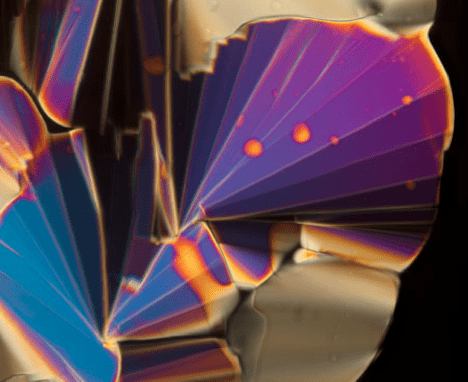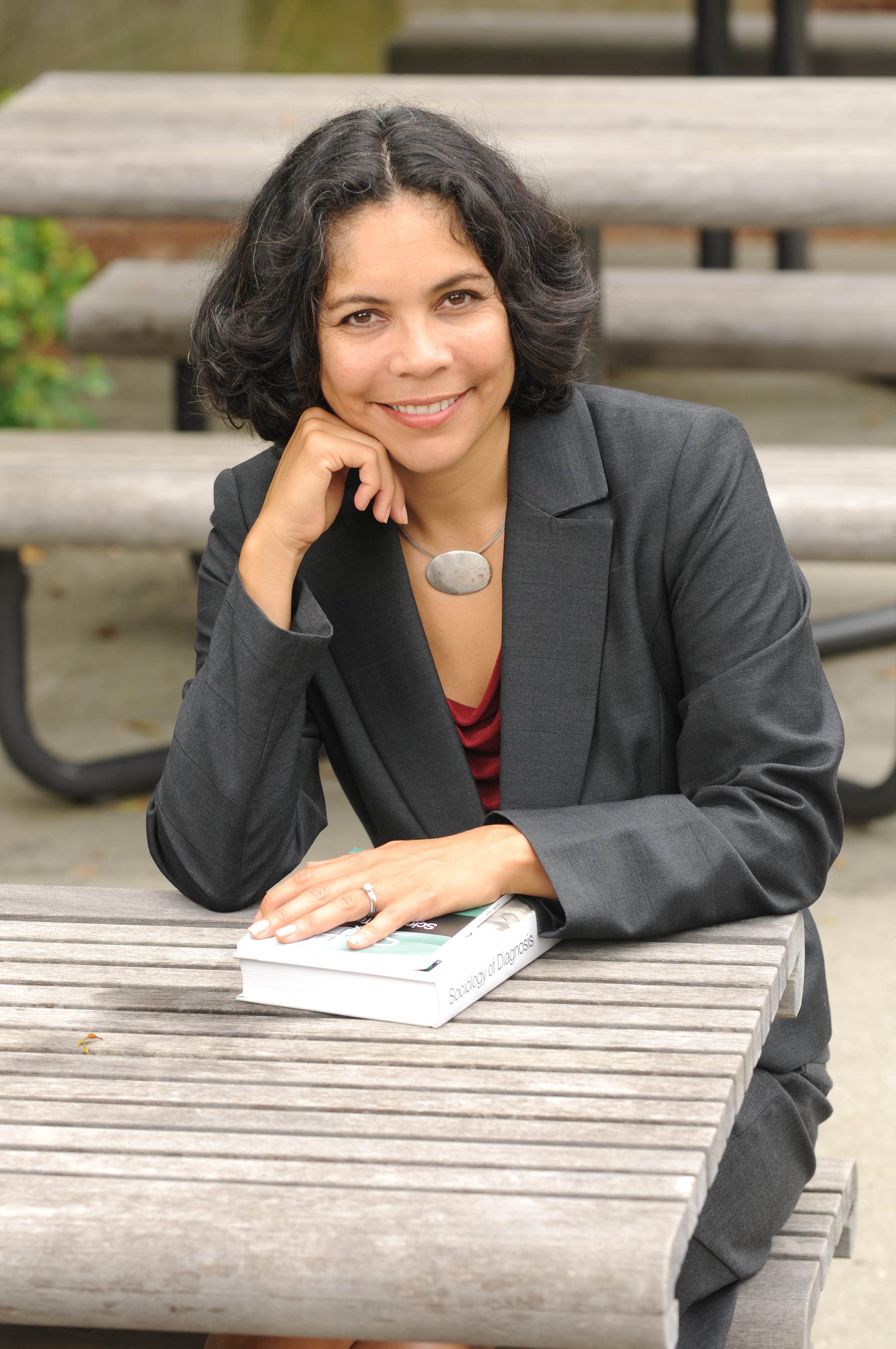Georgia Tech professor tackles autism advocacy in her new book
News, Blogs, and Book Reviews
Siblings who share an autism diagnosis have different genetic profiles
A study utilizing whole genome sequencing material from 85 families who have 2 children diagnosed with an autism spectrum disorder found that 70 percent of siblings had different genetic profiles. This finding should be of no surprise to scientists given the highly heterogeneous findings in the genetics of autism thus far. No major gene for autism has been found and it is predicted that over 100 to 1000 genes may be involved. This study, further solidifies what scientists have been encountering all along with regard to the complex array of genetic mutations associated with an autism diagnosis. As I discuss in my forthcoming book, Multiple Autisms: Spectrum of Advocacy and Genomic Science, biomedicine of the 21st century is embracing a genomic style thought that requires the analysis of whole genomes of thousands of families and collaborative efforts of many scientists from different research institutes. In the wake of failing to find a major gene for autism, scientists continue to make new meaning of genomic sequences with the assistance of technologies that can view and interpret the genome in new ways.
This research comes out of the most recent large scale sequencing study designed to identify the genetic roots of autism called “MSSNG“.
The original article was published in the prestigious Nature Medicine titled, “Whole Genome Sequencing of quartet families with autism spectrum disorder.”
It has been covered by the NYTimes and the LA Times.
Unlocking Autism: Illuminating the Complexities of Genomic Science
Jennifer Singh, an assistant professor in the School of History, Technology and Society, is chronicling the history of genetics-focused autism research. The project expresses her longtime interest in areas where technology, science, and society converge with health. Her research illuminates larger questions about how biomedical research priorities are set and, ultimately, who benefits from the massive research investments of time and money.

